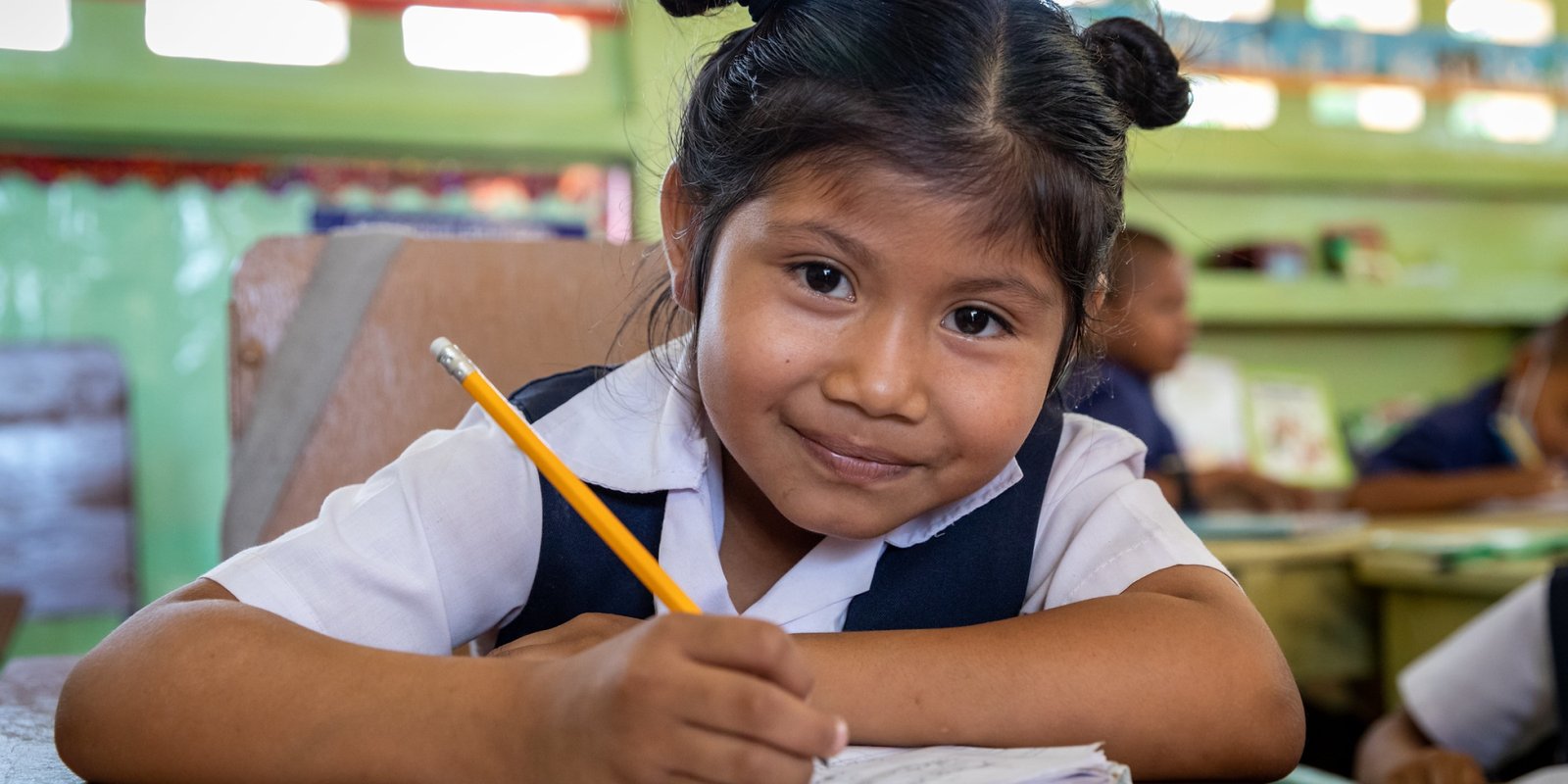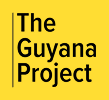Close

Guyana’s nursery education system is undergoing a significant shift as the government intensifies its focus on quality and accountability. With early childhood development recognised as a critical foundation for lifelong learning, new policies are being implemented to ensure that both educators and parents are fully engaged in preparing children with essential skills from the nursery level.
Under this renewed push, nursery teachers across the country will now be held to higher standards. Performance will be closely monitored, with greater emphasis placed on evaluating classroom outcomes and ensuring that children meet developmental milestones by the end of nursery year two. Core competencies include phonetic awareness, basic reading readiness, early numeracy, and age-appropriate writing ability (Ministry of Education).
The government’s position is clear: every child should leave nursery school with foundational learning skills—unless there are diagnosed developmental challenges. Where such disabilities exist, the education system is expected to provide the necessary interventions. Otherwise, educators are expected to ensure that each child reaches targeted benchmarks in literacy and numeracy (Department of Public Information).
This accountability is not only limited to classroom delivery. Headteachers and school administrators are being encouraged to adopt a proactive role in supervising, mentoring, and evaluating their staff. If a teacher’s class shows signs of stagnation or underperformance, support mechanisms must be deployed quickly to address the issue. This mirrors performance models seen in some private schools, where regular assessments help maintain consistent student progress.
However, the government acknowledges that educational outcomes do not rest solely on teachers’ shoulders. Parents are being called on to actively participate in their child’s learning journey. Even simple activities such as displaying alphabet charts at home or using household items to teach fine motor skills can help reinforce what is taught in the classroom. Daily attendance, punctuality, and encouragement at home are also considered critical components of early childhood success (Ministry of Education).
The government’s commitment is further reflected in its investment in infrastructure. Since 2020, 54 new nursery schools have been built and equipped nationwide, creating improved learning environments for thousands of children.
The long-term objective is to ensure that every child, regardless of geographic location or background, has access to high-quality early education. This focus on accountability and collaboration between schools and families is central to strengthening the country’s educational foundation. This is what real progress looks like (Ministry of Education, Department of Public Information).

The Guyana Project is an independent media platform delivering fact-checked, ground-level reporting on politics, economy, and public life in Guyana. With a focus on transparency and development, we bring unfiltered news and thoughtful analysis to help shape a more informed, forward-looking nation.

Higher Standards and Accountability Drive Nursery Education Reform

Lorem Ipsum is simply dummy text of the printing and typesetting industry. Lorem Ipsum has been the industry’s standard dummy text ever since the 1500s, when an unknown printer took a galley of type and scrambled it to make a type specimen book. It has survived not only five centuries, but also the leap into electronic typesetting, remaining essentially unchanged. It was popularised in the 1960s with the release of Letraset sheets containing Lorem Ipsum passages, and more recently with desktop publishing software like Aldus PageMaker including versions of Lorem Ipsum.
t is a long established fact that a reader will be distracted by the readable content of a page when looking at its layout. The point of using Lorem Ipsum is that it has a more-or-less normal distribution of letters, as opposed to using ‘Content here, content here’, making it look like readable English. Many desktop publishing packages and web page editors now use Lorem Ipsum as their default model text, and a search for ‘lorem ipsum’ will uncover many web sites still in their infancy. Various versions have evolved over the years, sometimes by accident, sometimes on purpose (injected humour and the like).
Contrary to popular belief, Lorem Ipsum is not simply random text. It has roots in a piece of classical Latin literature from 45 BC, making it over 2000 years old. Richard McClintock, a Latin professor at Hampden-Sydney College in Virginia, looked up one of the more obscure Latin words, consectetur, from a Lorem Ipsum passage, and going through the cites of the word in classical literature, discovered the undoubtable source. Lorem Ipsum comes from sections 1.10.32 and 1.10.33 of “de Finibus Bonorum et Malorum” (The Extremes of Good and Evil) by Cicero, written in 45 BC. This book is a treatise on the theory of ethics, very popular during the Renaissance. The first line of Lorem Ipsum, “Lorem ipsum dolor sit amet..”, comes from a line in section 1.10.32.